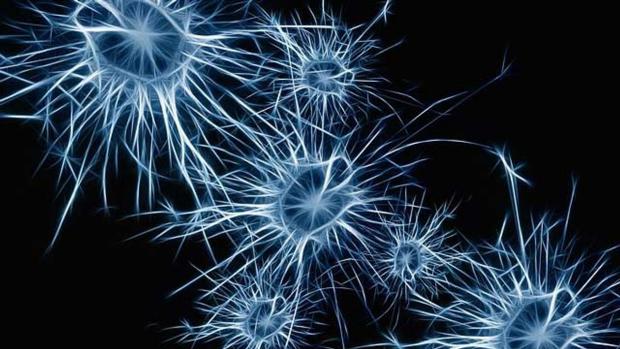
Breaking News
 "A.G.E.S. Fall Conference" on BrightU: How to spot "imposter" farmers and hidden
"A.G.E.S. Fall Conference" on BrightU: How to spot "imposter" farmers and hidden
 Endless Hot Water is the Smartest Spring Upgrade for Your RV
Endless Hot Water is the Smartest Spring Upgrade for Your RV
 Epstein's Friend Howard Lutnik EXPOSED
Epstein's Friend Howard Lutnik EXPOSED
Top Tech News
 New Spray-on Powder Instantly Seals Life-Threatening Wounds in Battle or During Disasters
New Spray-on Powder Instantly Seals Life-Threatening Wounds in Battle or During Disasters
 AI-enhanced stethoscope excels at listening to our hearts
AI-enhanced stethoscope excels at listening to our hearts
 Flame-treated sunscreen keeps the zinc but cuts the smeary white look
Flame-treated sunscreen keeps the zinc but cuts the smeary white look
 Display hub adds three more screens powered through single USB port
Display hub adds three more screens powered through single USB port
 We Finally Know How Fast The Tesla Semi Will Charge: Very, Very Fast
We Finally Know How Fast The Tesla Semi Will Charge: Very, Very Fast
 Drone-launching underwater drone hitches a ride on ship and sub hulls
Drone-launching underwater drone hitches a ride on ship and sub hulls
 Humanoid Robots Get "Brains" As Dual-Use Fears Mount
Humanoid Robots Get "Brains" As Dual-Use Fears Mount
 SpaceX Authorized to Increase High Speed Internet Download Speeds 5X Through 2026
SpaceX Authorized to Increase High Speed Internet Download Speeds 5X Through 2026
 Space AI is the Key to the Technological Singularity
Space AI is the Key to the Technological Singularity
 Velocitor X-1 eVTOL could be beating the traffic in just a year
Velocitor X-1 eVTOL could be beating the traffic in just a year
Magnetic microparticles allow remote control of select brain cells

Scientists at University College London (UCL) have demonstrated in rodents a new type of "micromagnet" that can work as a miniaturized mechanical switch to turn on touch-sensitive cells, offering a new method for controlling specific regions of the brain.
There are parallels between this breakthrough and another exciting branch of research focused on careful control of cells in the body, known as optogenetics. This technique involves inserting genes into otherwise regular calls to make them sensitive to light, allowing them to be stimulated for the purposes of treating paralysis, relieving pain and restoring vision.
Although there have been success stories, such as a case when optogenetics was used for partial vision restoration in a human for the first time last year, adapting the technology for clinical use has proven difficult due to the need for genetic modification of the cells. The UCL team has come up with another way of controlling brain activity that doesn't involve such measures.
"Our new technology uses magnetic particles and magnets to remotely and precisely control brain cell activity and, importantly, does this without introducing any device or foreign gene into the brain," said lead researcher Dr Yichao Yu.
The team's magnet-centric approach involves targeting brain cells called astrocytes, which live between the brain's blood vessels and nerve cells and supply neurons with metabolic and structural support, while also regulating activity of neuronal circuits. Conveniently for the scientists, they also happen to be touch-sensitive.
"Because astrocytes are sensitive to touch, decorating them with magnetic particles means you can give the cells a tiny prod from outside the body using a magnet, and as such, control their function," said senior author, Professor Mark Lythgoe. "This ability to remotely control astrocytes provides a new tool for understanding their function and may have the potential to treat brain and mood disorders, including depression."

 One Minute to Midnight
One Minute to Midnight


